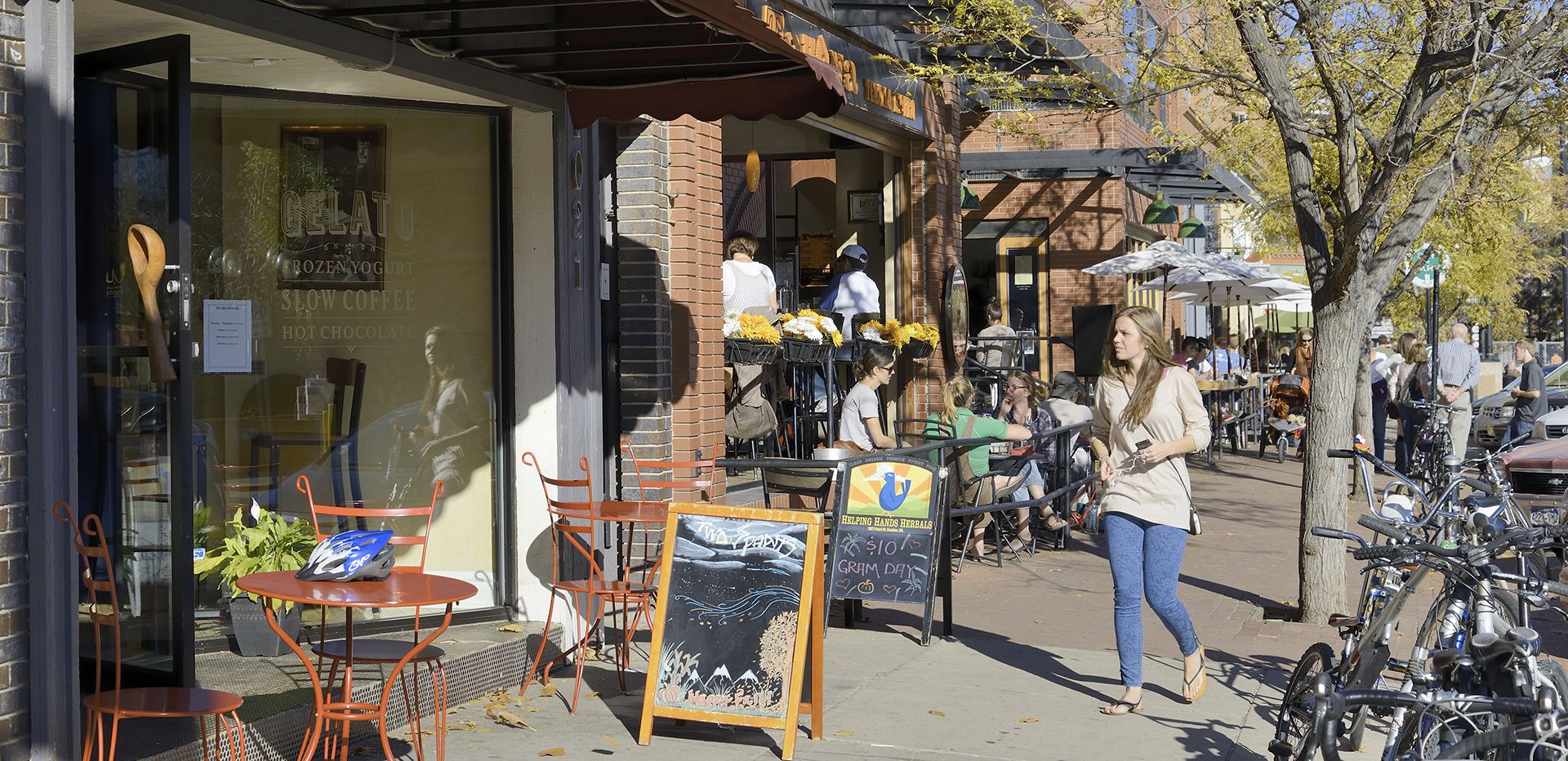Story
October 27, 2021
Resiliency from Coast to Coast to Coast

Evergreeen
Climate change and inequality are putting immense pressure on our cities, bringing recurring disasters like flooding and wildfires, and straining systems from food to housing.
In the 21st century city, being resilient is no longer a goal to strive for, but a necessity in order to create communities that are safe, thriving and prosperous for all.
100 Resilient Cities defines urban resilience as “the capacity of individuals, communities, institutions, businesses, and systems within a city to survive, adapt, and grow no matter what kinds of chronic stresses and acute shocks they experience.”
Our communities of all sizes need to stand tall despite chronic stresses, such as high unemployment and unaffordable housing, and acute shocks, like earthquakes and floods.
Programs like Infrastructure Canada’s Smart Cities Challenge are helping some cities make resiliency a priority. One of such programs is Infrastructure Canada’s Smart Cities Challenge.
The Smart Cities Challenge is a competition open to all municipalities, local or regional governments, and Indigenous communities across Canada.
This Challenge empowers communities across the country to address local issues their residents face through new partnerships, using a smart cities approach. A smart cities approach means achieving meaningful outcomes for residents through the use of data and connected technology. This approach can be adopted by any community, big or small.
Winning communities, which will be announced on May 14, will be awarded with prize money to help implement them.
Some finalist communities mentioned resilience explicitly in their challenge statement, such as Richmond, B.C. and Parkland, Brazeau, Lac Ste Anne and Yellowhead Counties, Alta.
For Richmond, this resiliency was focused around disaster response.
“Richmond, an island city with a rapidly growing and diverse population and home of nationally significant infrastructure and government services, requires resilient physical and virtual platforms that are integrated seamlessly across all levels of government to enhance quality of life in day-to-day activities and minimize community impacts from major disasters,” reads the city’s challenge statement.
For rural communities Parkland, Brazeau, Lac Ste Anne and Yellowhead Counties resiliency means a secure food system that supports agriculture and brings in a younger generation of farmers.
Their challenge statement reads: “Our agricultural community will revitalize and grow through the connection of people to the land and food while attracting citizens to share in its prosperous, innovative and resilient way of life.”
These challenge statements may directly refer to resiliency, but other communities’ proposed Smart Cities Challenge projects emphasize the ability to provide stability for their residents, a key component of building resiliency.
Housing is a priority for the Cree Nation of Eastmain. Through the Smart Cities Challenge, they are aiming to “develop an affordable Net Zero Energy Housing Program, offering culturally appropriate designs, using smart technologies, innovative building techniques and alternative energy systems in order to address the housing shortage crisis, the poor-quality and costly construction of houses in Eastmain and Indigenous communities across Canada.”
Access to safe, affordable and appropriate housing for all residents is a necessity if communities are to stand up to the pressures of climate change, and other events and stresses.
Montreal is not only looking to use technology to improve access to its mobility systems and increasing efficient and sustainable transportation alternatives, in order to reduce automobile usage, but they are also making openness a priority.
“As a complement to the technological dimension, transversal projects in governance and citizen engagement will ensure the responsible deployment of technologies, given that they will be derived from collective decision-making, thus preventing abuse in terms of data collection and usage,” reads the summary.
Governance and civic engagement is a key component of supporting Open Smart Cities. We are excited to be able to support the above communities and others in their journey to becoming open and smart through our Community Solutions Network.
Together with Future Cities Canada partners Evergreen and OpenNorth, the Network is a platform where communities can connect with one another, and thought leaders and service providers in the open smart city space.
We’re thrilled to be working with the communities mentioned above, as well as other finalists, through our Advisory Services. Later this year, we will engage with a wider group of communities, in addition to Smart Cities Challenge finalists, to support them in integrating open smart approaches into their communities.
In the meantime, if you’re a municipal staff member, an Indigenous leader or senior staff at an organization interested in learning more about these approaches, consider joining us for one of our event-based programs across the country, including Idea Camps, Collision Days and Community Roundtables.